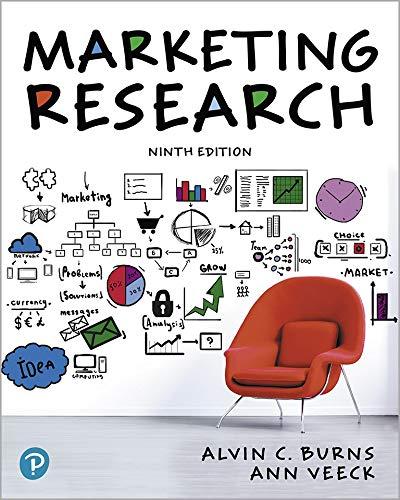The Good Food Institute (GFI) wants Americans to eat fewer animals. Based in Washington D.C., the non-profit
Question:
The Good Food Institute (GFI) wants Americans to eat fewer animals. Based in Washington D.C., the non-profit organization is dedicated to “creating a healthy, humane, and sustainable food supply.” GFI claims that the industrialized livestock industry is the cause of four major global problems:
1. Environmental degradation, with the livestock industry being a major source of greenhouse gas emissions, water shortages, and loss of biodiversity 2. Human health, with animal production leading to antibiotic resistance and illness caused by contaminated meat 3. Global poverty, with the need to feed grains and legumes to industry-raised animals leading to higher prices for food staples in developing nations 4. Animal welfare, with industrial livestock living their lives in less-than-ideal conditions GFI thinks it has the solution: clean meat—that is, meat that is grown from cells outside of animals. While this product is often called “lab-grown meat,” “tissue-engineered meat,” “cultured meat,” or even “frankenmeat,” GFI prefers the product to be called “clean meat,” because their organization believes that term will be more appealing to the public, the media, and investors. GFI views the term “clean meat” as fitting, because cellular agriculture is more sanitary than traditional agriculture, and its widespread practice could contribute to a cleaner environment.
Clean meat is not available to the public yet, but is expected to be in retail outlets soon. Several companies are working to produce a viable product, including Memphis Meats, Tyson Foods, and Mosa Meat. While clean meat is currently expensive to produce—about three to four times more expensive than traditionally produced ground meat—economy of scale could bring the price down to make clean meat as inexpensive, or even less inexpensive, to produce as meat products that are currently on the market.
GFI believes that the biggest problem faced by clean meat may be changing public perceptions that food engineered from cells is not as tasty as traditionally-produced meat.
1. Visit GFI’s website (https://www.gfi.org). Identify three symptoms that indicate that GFI may have a problem.
(Don’t forget that a problem can also represent an opportunity).
2. Select one problem that GFI is facing (there are multiple problems) and develop a problem statement based on it.
3. Write several research objectives that stem from the problem statement you created.
4. What questions would you like to ask GFI representatives to help clarify your problem statement?
Will consumers perceive that clean meat is as tasty as traditionally-produced meat?

Step by Step Answer:






